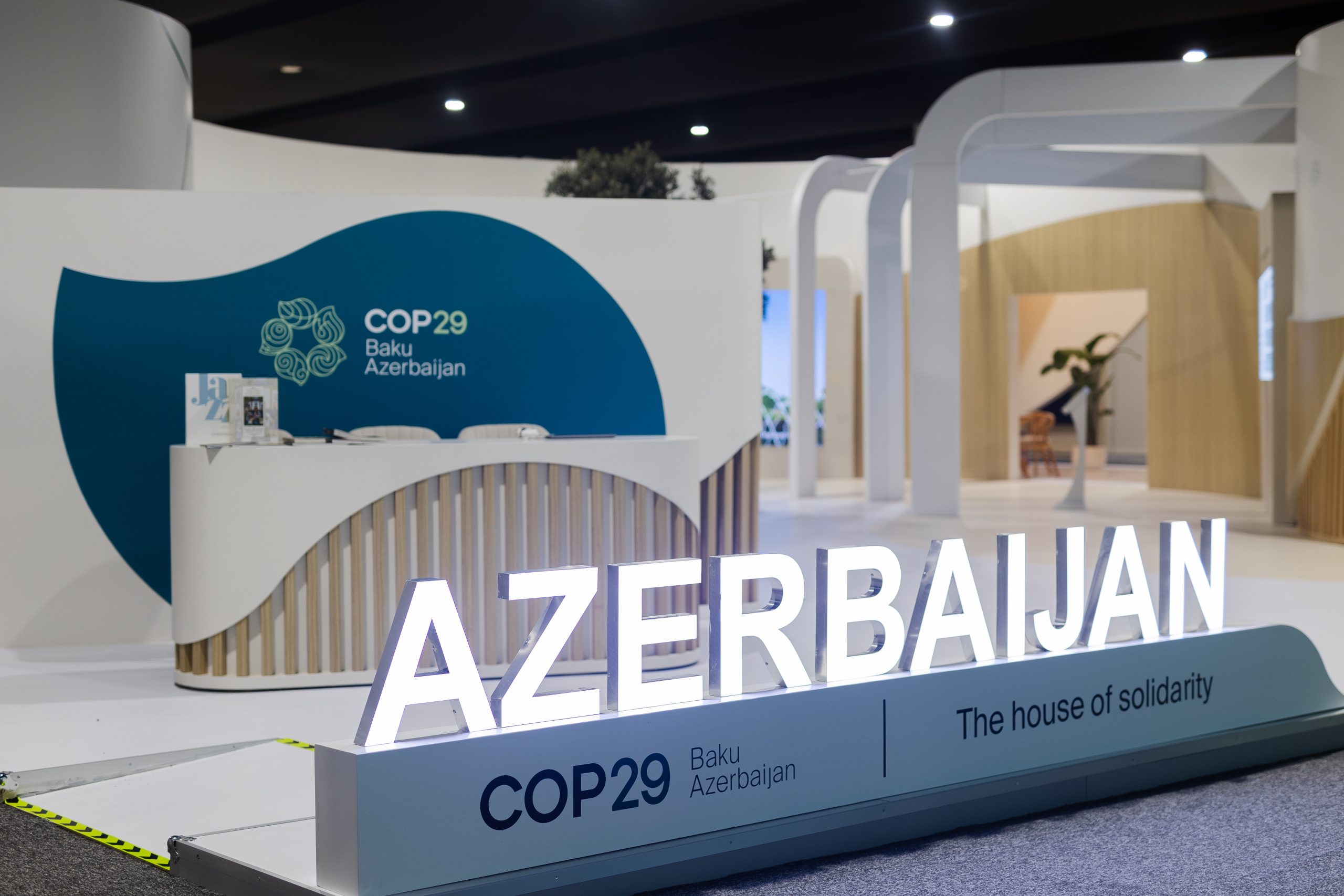Countries at the COP29 climate summit in Baku, Azerbaijan, approved new carbon credit quality standards on Monday, marking a crucial step toward launching a United Nations-backed global carbon market designed to fund greenhouse gas reduction projects. This will enable climate action by increasing demand for carbon credits and ensure that the international carbon market operates with integrity under the supervision of the United Nations.
COP29 President Mukhtar Babayev said, “This will be a game-changing tool to direct resources to the developing world. Following years of stalemate, the breakthroughs in Baku have now begun. But there is much more to deliver.”
This early decision on day one of the summit signals significant progress, although hopes for a comprehensive climate finance agreement are tempered by President-elect Donald Trump’s recent US election win and his stated intention to withdraw the United States from the Paris Agreement, which underpins the planned carbon market.
Despite concerns over the US stance, Juan Carlos Arredondo Brun, a former Mexican climate negotiator now with Abatable, a carbon market data company, said the endorsement brings the carbon market closer to operational status, potentially launching as early as next year. “This step moves us closer to activating the carbon market, even if a major party like the US were to withdraw from the Paris Agreement,” Arredondo Brun noted.
The global carbon market would allow countries or companies to fund projects worldwide that either reduce CO2 emissions or remove it from the atmosphere, using the generated credits to offset their emissions. Potential projects range from planting CO2-absorbing mangroves to distributing clean cookstoves in low-income rural communities. Should the US withdraw from the Paris Agreement, American companies could still use the market to meet voluntary climate goals by purchasing credits.
The standards approved in Baku seek to address concerns about the credibility and impact of carbon offset projects, though some campaigners argue that they do not adequately protect affected communities. Rebecca Iwerks, co-director of the non-profit Namati, commented, “If the standards aren’t strong, it could deter funding and stall market development.”
The standards were finalised by a technical group, but some negotiators criticised the process, claiming insufficient involvement from certain countries. Kevin Conrad, executive director of the Coalition for Rainforest Nations, expressed support for the standards themselves but criticised the supervisory board for exceeding its authority, saying, “We endorse what they have done, not the way they have done it.”
As COP29 continues, negotiators aim to finalize additional rules to ensure a robust market structure. The International Emissions Trading Association estimates that by 2030, the UN-backed carbon market could generate $250 billion annually and achieve an annual reduction of 5 billion metric tons of CO2.
